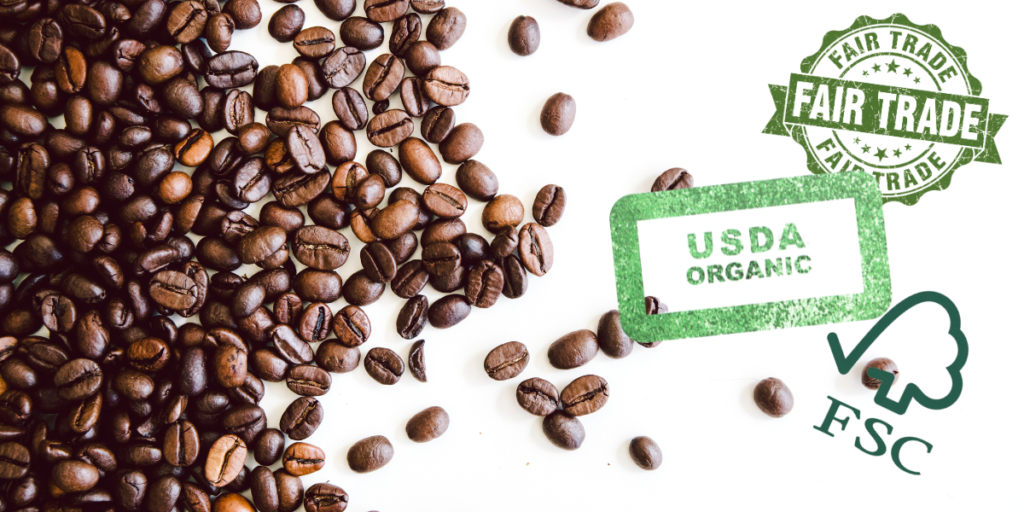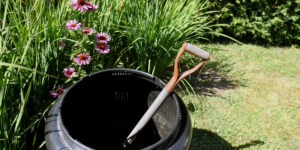Top Certifications for Sustainable Products: Identifying Genuine Eco-Friendly Standards
In today’s market, eco-friendly and sustainable products are in high demand. However, it can be challenging for consumers to differentiate between truly sustainable products and those with misleading claims. Certifications serve as valuable tools for ensuring products meet high environmental, ethical, and social standards. Here, we explore some of the top certifications for sustainable products, which can help you make informed choices.
1. USDA Organic
The USDA Organic certification is used primarily for food, textiles, and personal care products. This label ensures that products are grown and processed without synthetic pesticides, fertilizers, or genetically modified organisms (GMOs). USDA Organic helps consumers ensure that their purchases are supporting agriculture that protects soil, water, and ecosystems.
2. Fair Trade Certified
Fair Trade Certified ensures that products are made under safe working conditions, workers receive fair wages, and sustainable farming practices are employed. This label can often be found on coffee, cocoa, tea, textiles, and more. Fair Trade products not only support sustainable agricultural practices but also promote social equity, making sure producers are fairly compensated for their labor.
3. Energy Star
Energy Star certification is associated with energy efficiency, particularly for appliances and electronics. Products with this certification use less energy, reducing both your carbon footprint and energy bills. By choosing Energy Star-rated items, consumers can make eco-friendly decisions that also result in financial savings over time.
4. Forest Stewardship Council (FSC)
The Forest Stewardship Council (FSC) certification applies to wood and paper products. It ensures that these products are sourced from responsibly managed forests that provide environmental, social, and economic benefits. FSC-certified products help protect wildlife habitats, ensure reforestation, and support the livelihoods of forest communities.
5. LEED Certification
LEED (Leadership in Energy and Environmental Design) is a globally recognized certification for green buildings. It assesses a building’s energy efficiency, water usage, waste management, and other sustainability metrics. LEED-certified buildings have a lower environmental footprint, contributing positively to both human health and ecological well-being.
6. B Corporation (B Corp) Certification
B Corp certification is given to companies that balance profit with purpose. These companies meet rigorous social and environmental standards, ensuring transparency and accountability in their business practices. B Corps consider their impact on employees, communities, customers, and the environment, making them a great choice for eco-conscious consumers.
7. Cradle to Cradle Certified
Cradle to Cradle certification evaluates a product’s environmental and social impact throughout its lifecycle—from material sourcing and production to recycling and reuse. The certification ensures that products are safe for human and environmental health, made with renewable energy, and are designed to eliminate waste.
Why Certifications Matter
Certifications provide a level of transparency and accountability that helps consumers make informed decisions. Without recognized certifications, it can be difficult to verify a product’s environmental claims. Greenwashing—the practice of making deceptive claims about a product’s environmental benefits—is widespread, and certifications help combat this by providing proof of sustainability.
How to Identify Certified Products
When shopping for sustainable products, always look for certification logos on packaging. You can also verify certifications by checking the certifying body’s website. True sustainability certifications are awarded by independent organizations that adhere to rigorous criteria, rather than self-declared labels.
Conclusion
Choosing certified sustainable products is one of the most effective ways you can contribute to environmental conservation, social responsibility, and ethical consumerism. Understanding the meaning behind each certification and the rigorous processes products go through to receive them helps ensure that your purchasing decisions align with your values. By prioritizing products with certifications like USDA Organic, Fair Trade, Energy Star, and others mentioned above, you are not just buying a product—you are investing in a better future for our planet.






